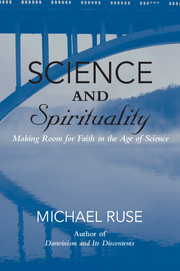Book contents
Four - Thinking Machines
Published online by Cambridge University Press: 05 May 2010
Summary
Scientists have been trying to determine why people need sleep for more than 100 years. They have not learned much more than what every new parent quickly finds out: sleep loss makes you more reckless, more emotionally fragile, less able to concentrate and almost certainly more vulnerable to infection. They know, too, that some people get by on as few as three hours a night, even less, and that there are hearty souls who have stayed up for more than week without significant health problems.
Now, a small group of neuroscientists is arguing that at least one vital function of sleep is bound up with learning and memory. A cascade of new findings, in animals and humans, suggest that sleep plays a critical role in flagging and storing important memories, both intellectual and physical, and perhaps in seeing subtle connections that were invisible during waking – a new way to solve a math or Easter egg problem, even an unseen pattern causing stress in a marriage.
The theory is controversial, and some scientists insist that it's still far from clear whether the sleeping brain can do anything with memories that the waking brain doesn't also do, in moments of quiet contemplation.
Yet the new research underscores a vast transformation in the way scientists have come to understand the sleeping brain. Once seen as a blank screen, a metaphor for death, it has emerged as an active, purposeful machine, a secretive intelligence that comes out at night to play – and to work – during periods of dreaming and during the netherworld chasms known as deep sleep.
Carey 2007- Type
- Chapter
- Information
- Science and SpiritualityMaking Room for Faith in the Age of Science, pp. 85 - 116Publisher: Cambridge University PressPrint publication year: 2010

